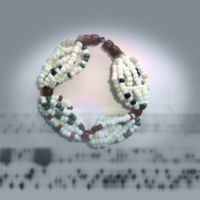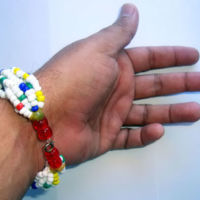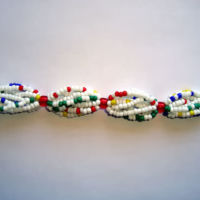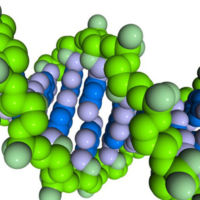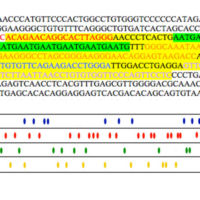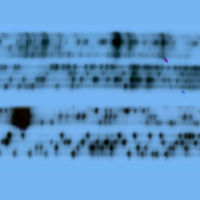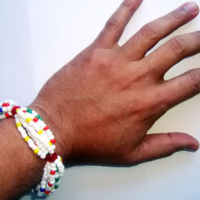Paternity + Paternity:
Cultural representation of data
“Reality is the philosophical concept which we attach to something which is real” Anton Zeilinger (quantum physicist)
Independently of the arguments brought by the Philosophy of Perception —the social construction of reality— our whole existence is mediated by a set of references contained in language, ideology, history, culture. In some way, our existence is a pre-existence defined through a body of knowledge, thus we socially “exist” through the perception of others.
I see art as a tool —as well as the context— to re-negotiate this construction: the consensus that we call reality, its significance in our understanding of the world and our position within it.
Tpox Estrada is a straight challenge to the interpretation of data in the cultural representation of reality. What happens when we keep the data that informs our cosmovision (world view) but change the framework for its interpretation?
In Tpox Estrada I use a series of coincidences in the representation of the concept of paternity in two different fields of knowledge: science and religion. The operation is a “literal translation without interpretation", an extrapolation of information changing only the framework which presents it, leaving the possible interpretations as a cultural event that exists at the same time in the intersection of art and science.
Tpox Estrada seeks to contest the dichotomy rigidity-sensuality in the preconceptions of science and art in the public eye by displaying the same information as a scientific presentation and a Yoruba ceremony at the same time, aiming to interrogate our assumptions re-establishing doubt in the process of constructing our personal conception of paternity .
These disquisitions are inspired on the believe that incertitude is the realm of art as well as science.
